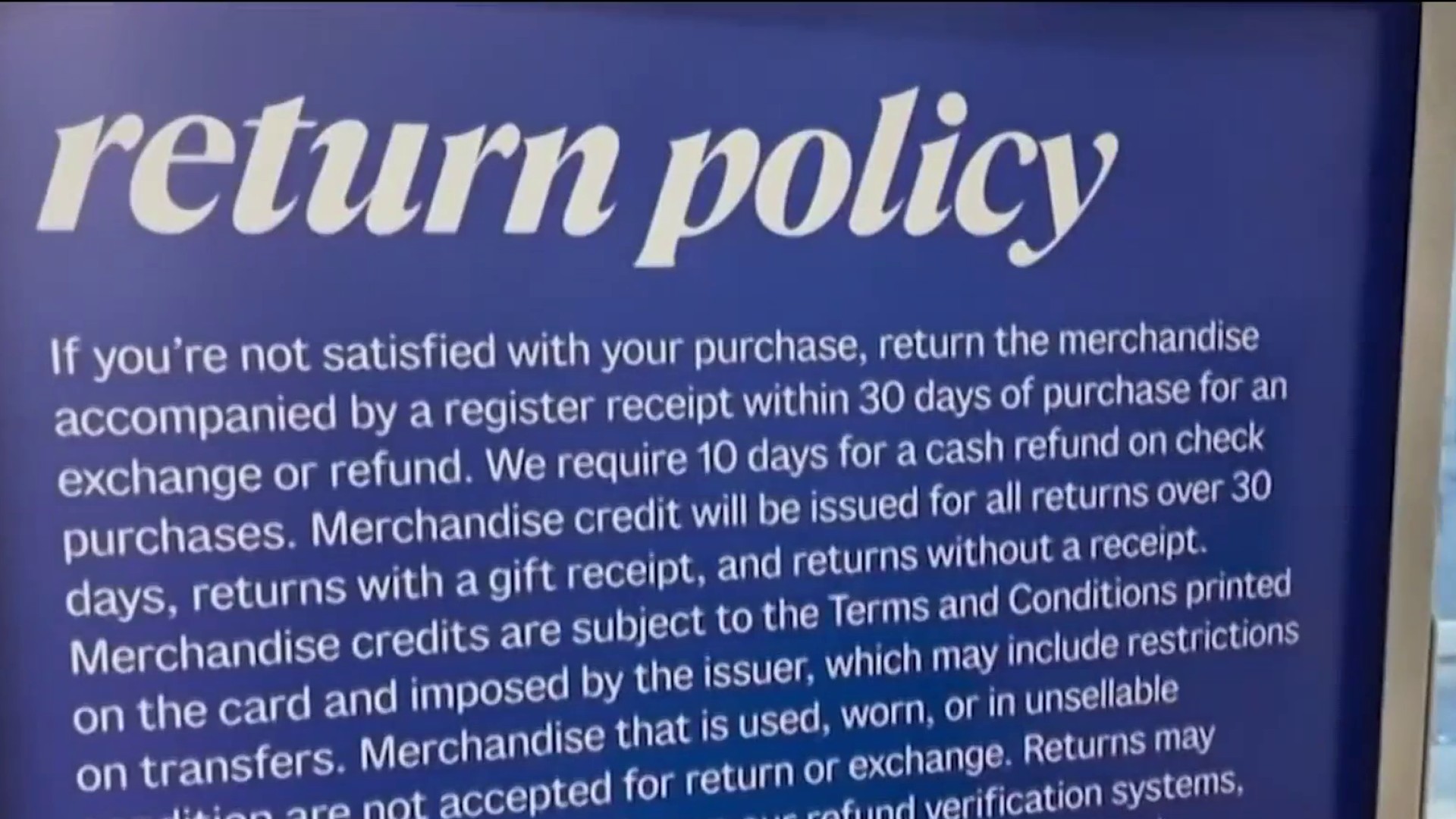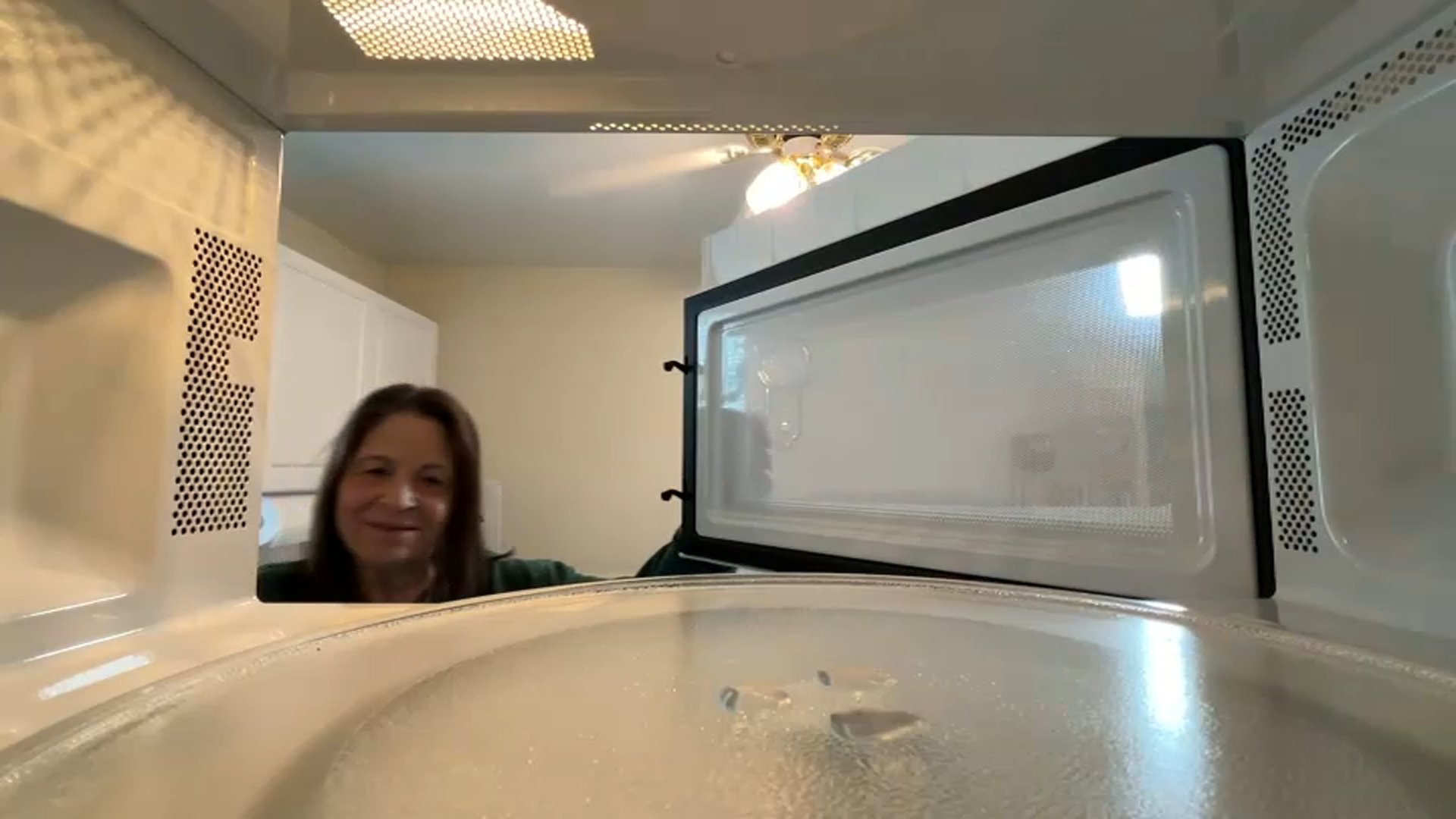
A proposed Massachusetts law aims to protect families owed large sums of money from retirement communities.
Ivey Cooley’s 98-year-old mother lived in a senior residential community in western Massachusetts for years before she needed a higher level of care. But, when she and her sister moved her to an assisted living facility, they hit a financial roadblock.
“I was… panicked and angry and frustrated and powerless,” Cooley told NBC10 Boston.
Cooley’s mother had paid a nearly $200,000 entrance fee when she moved into the senior community that was to be refunded upon her vacating her unit once it was re-rented. But months went by, the apartment remained vacant, with Ivey and her sister waiting for the $170,000 refund-- money they needed to pay for their mother’s continuing care.
Get New England news, weather forecasts and entertainment stories to your inbox. Sign up for NECN newsletters.
“The independent living senior facilities asked for an entrance fee, and they almost all require you get your money back only if the apartment is re-rented,” Cooley said. “And then the pandemic happened and people weren't rushing to go into assisted living and where they had a waiting list, by November of 2022, my mother was the 11th vacancy, and then by March they had 24 vacancies.”
With no time frame for the return of the money and no control over how aggressively the facility was marketing their mother's unit, Cooley’s sister tapped into her retirement savings to pay for their mother's care.
They ended up waiting 18 months before they finally got the entrance fee refund.
If you have a consumer problem, contact NBC10 Boston Responds by filling out our online consumer complaint form.
“We could not do anything about the contract which said you have to wait for the balance upon re-rental. That was the signed contract,” said Cooley. “The problem with the contract is the open-ended, that there is no time limit on how long it takes to re-rent an apartment.”
Jim Ferry is an aging life care professional care manager in Northampton.
“I have numerous times experienced family members that are going through significant financial stress,” explained Ferry, founder of Coaching Caregivers, LLC. “They really don't know if they can plan for their loved ones care, based on the lack of clarity about how much, in the way of financial resources, will be available because of the unknown of when the entrance fee will be returned.”
New Jersey recently passed a law limiting the amount of time retirement communities can retain refundable entrance fees after a resident vacates.
Cooley is pushing for a similar law in Massachusetts, laying out a timeline for the return of the money. She brought the issue to the attention of local lawmakers, who filed House Bill 4198 -- An Act Relative to Entrance Fee Refund Provisions in Continuing Care Agreements and Written Residency Agreements.
“We were trying to change the bylaws. It'll basically put a timeline, a year timeline,” said State Rep. Brian Ashe, who filed the legislation along with Rep. Angelo Puppolo and Sen. Jacob Oliveira. “Right now, they go by whenever they fill that property that person was in, then they will get the refund. So, this would make it as soon as they fill the property or a year, whichever comes first.”
“We've got until next week for it to move out of committee if we want to do something with it this session. If not, it'll have to be a refile,” he says.
Cooley plans to see it through.
“I just think it’s an important issue,” she said. “And no one, no one should have to go through what we went through.”
Ashe said he encourages anyone who wants to weigh in on the legislation to reach out and share their thoughts.
When signing a contract for a senior living community, you may want to run it by an attorney, so you fully understand the details of the agreement you are signing.



